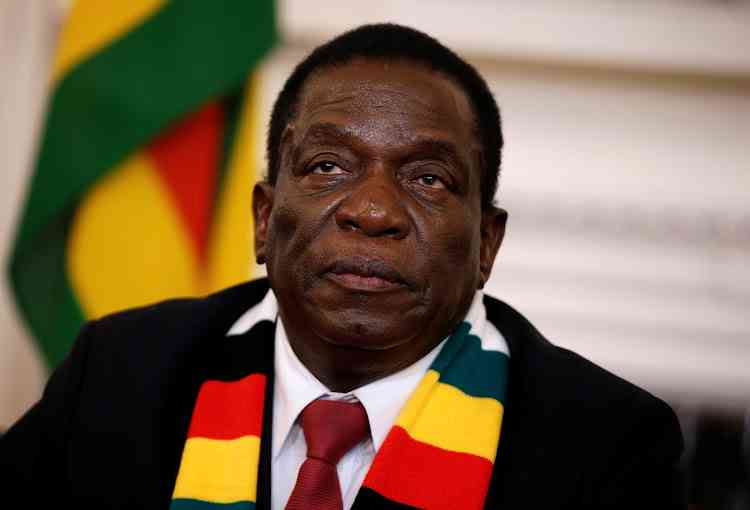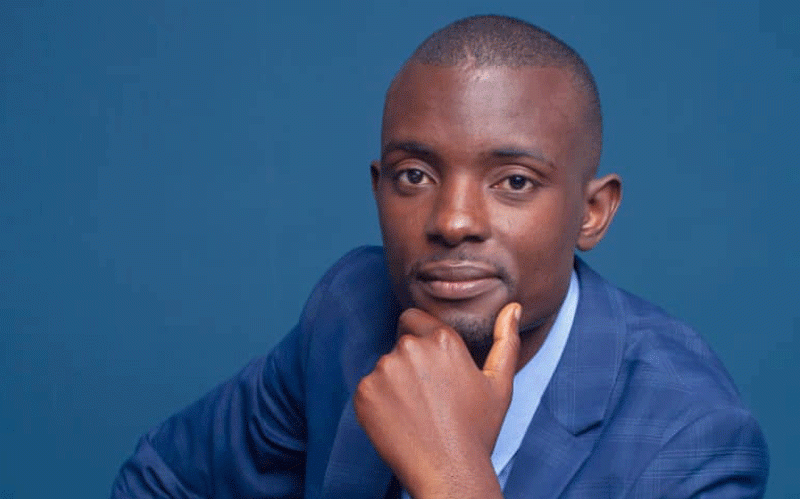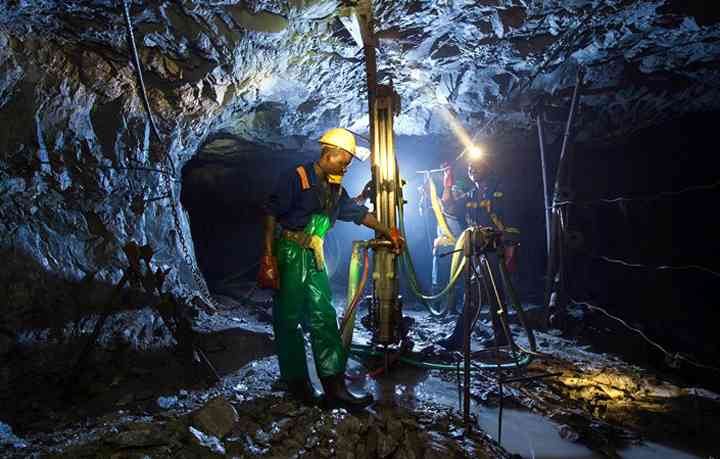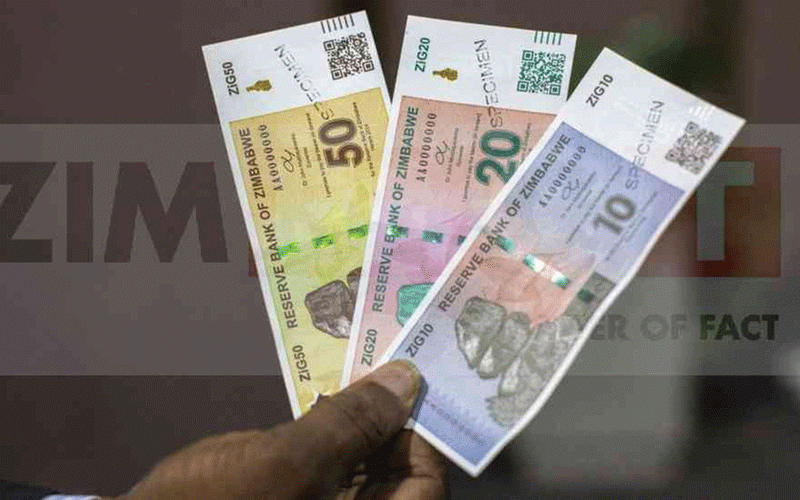
THE United Nations (UN) has advised Zimbabwe to make the necessary changes to attract foreign direct investment (FDI) as global foreign assistance is on a decline, in shift away from quiet diplomacy.
The call comes as Finance, Economic Development and Investment Promotion permanent-secretary George Guvamatanga recently pleaded for development partners’ support as a source of additional funding.
At a Zimbabwe National Chamber of Commerce (ZNCC) breakfast meeting yesterday, UN Resident and Humanitarian co-ordinator Edward Kallon said only “Zimbabweans could create wealth for Zimbabwe”.
“We must create trust and confidence in the economy of this country for it to move in the direction we want it to move. Zimbabweans must see their economy as a store of value which is critical too for investment,” he said.
“Ongoing efforts by the government including the recently held Zimbabwe Economic Development Conference, platforms such as high-level structured dialogue on debt and arrear resolutions and economic dialogue, can facilitate reoriented policies for business growth and job creation.”
Typically, UN officials have often told government to make changes in support of the 17 sustainable development goals mostly behind closed doors.
However, with the economy facing a plethora of challenges, Zimbabwe is teetering as stakeholders ring the alarm bells. Challenges include persistent power cuts, water delivery constraints, currency distortions, inconsistent policies, high public debt, corruption, crumbling infrastructure, poor health services and political disputes around elections.
Foreign development support injects into the economy hundreds of millions of dollars annually at a time when Zimbabwe has little access to fresh capital owing to the debt overhang.
- Drama around Ndebele king making a mockery of the throne
- Umkhathi Theatre Works on King Lobengula’s play
- Street mural exposes Zim’s divided society
- Minister tips ICTs to drive economic recovery
Keep Reading
Thus, any drop in this support could negatively impact the country.
“Overseas development assistance are on the decline in general but what is going to attract foreign direct investment must be an economy that an investor comes to, believes in, and knows that his money is protected and can have access to that money when he or she needs it, this is basic. I call this the hard truths, hard talk, we cannot shy away from it,” Kallon said.
He encouraged the usage of tripartite dialogue platforms to allow for labour, the private sector and government to sit down to discuss the best way forward for all the parties involved.
“Let us also be very frank, at the bottom of this is prudent debt management, sustained currency stability and responsible business practices that mostly prioritises for medium to long term growth and sustainability,” the UN boss added.
The result of this refusal or slow pace in addressing economic challenges has led to drop in FDI inflows to Zimbabwe to US$342 million last year from US$745 million in 2018.
“We certainly believe in honest engagement. I think since timely memorial, as much as I remember, we had seen the appetite of the ZNCC representing it (frank and honest conversations). Sometimes, the engagements are private depending on the matter at hand, but we have always maintained honest engagement knowing full well we represent business and not government bodies,’ ZNCC chief executive officer Chris Mugaga told the paper.
“I think everybody is agreeing that we are post elections and there is no threat to anyone here, except the economy which is under threat and the only option now is to drive this economy in the right direction. That economy can only be achieved if work together, engage openly, and at the same time acknowledge our weakness.”










